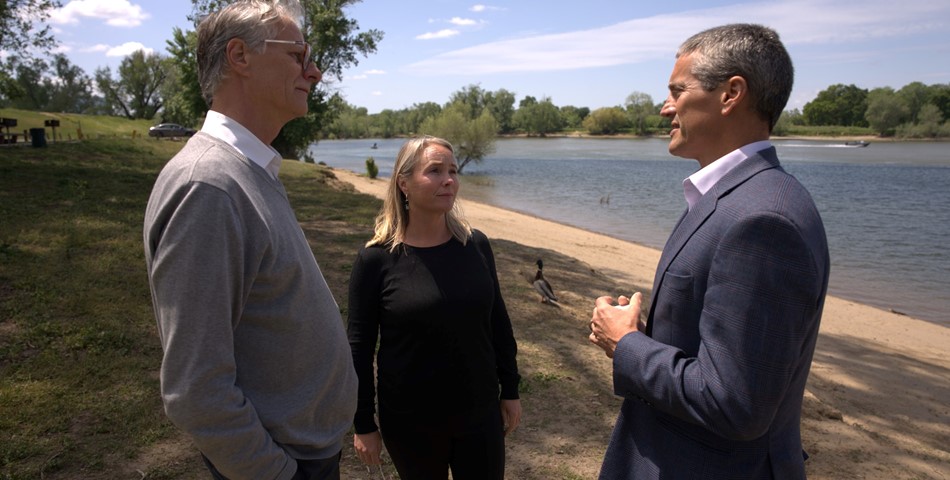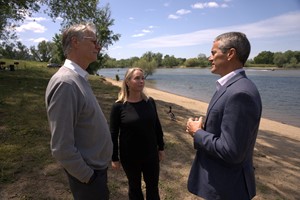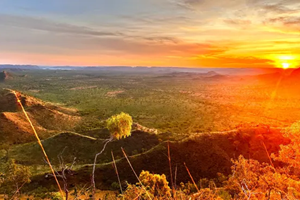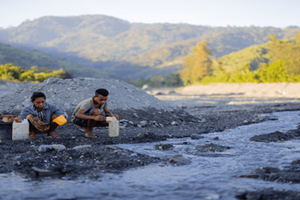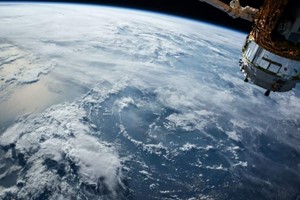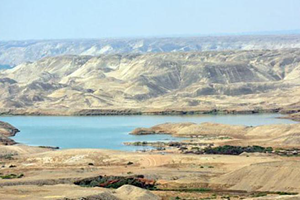California and Australia have embarked on a pioneering partnership to enhance water quality monitoring in the Sacramento-San Joaquin River Delta, a critical water body for agriculture and ecology near the Bay Area. Developed by Australia's CSIRO, AquaWatch Australia integrates data from water sensors and satellites for near-real-time monitoring and forecasts.
"This will benefit California and our communities who rely on water quality moving through the Delta. It will also protect fish and wildlife," said Secretary Wade Crowfoot of California's Natural Resource Agency. The initiative aims to safeguard the delta's natural ecosystem, including the endangered Delta smelt, crucial for both environmental balance and agricultural sustainability.
Under the partnership, CSIRO collaborates with the University of California (UC) Davis, UC Merced, and the United States Geological Survey (USGS) to pilot AquaWatch. UC Merced's Dr. Erin Hestir highlighted the deployment of CSIRO's specialized water quality sensors near the confluence of the Sacramento and San Joaquin Rivers. These sensors monitor turbidity, a vital measure for the Delta smelt, and track contaminants like mercury.
Dr. Alex Held from CSIRO emphasized AquaWatch's global potential, stating, "AquaWatch will be a world first in many ways, including the ability to forecast water quality, providing crucial early warning." The project aligns with joint climate and sustainable development goals, supporting a Memorandum of Understanding signed in 2023 between the Australian and Californian governments for climate adaptation.
Tanya Bennett, Australian Consul-General in Los Angeles, hailed the progress at the Sacramento test site as a significant milestone under the Australia-California climate action agreement. "This test site highlights the importance of global collaborations and technology advancements to monitor the impacts of water quality," she noted, stressing the need to improve natural environments and secure future water supplies.
AquaWatch has established test sites globally, including in Australia, Italy, Malaysia, and the UK, with further expansions underway. The initiative underscores the importance of international cooperation in leveraging technology to protect water resources and enhance environmental resilience.



